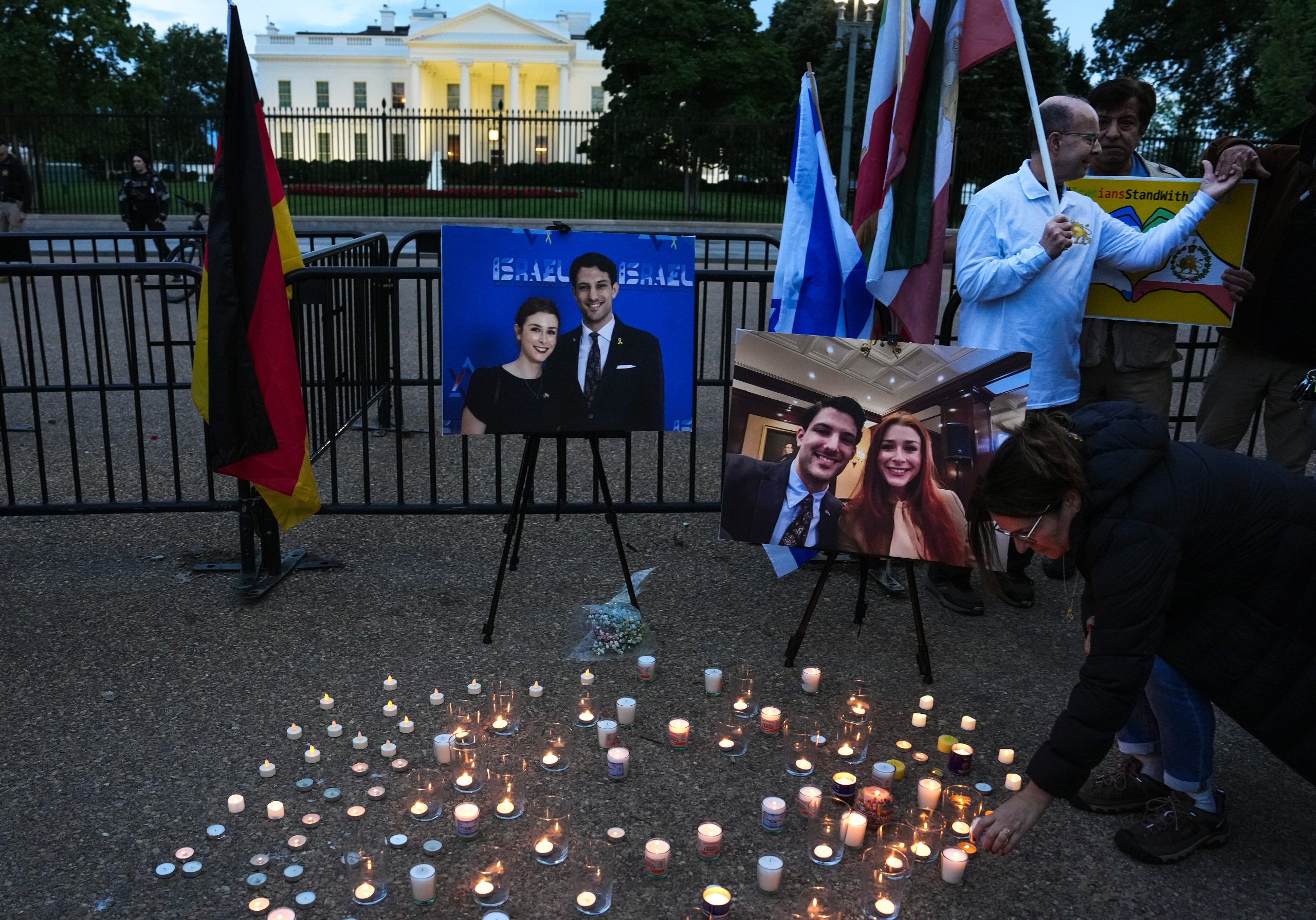A Florida appeals court on Wednesday rejected the Pulitzer Prize Board’s argument that President Donald Trump's defamation lawsuit against the board should be delayed until after Trump leaves office in order to avoid distracting him from his presidential duties.
A three-judge panel shot down the argument in its ruling on Wednesday, saying it is Trump’s "prerogative" to continue the lawsuit, which centers around the board's awards to the New York Times and Washington Post in 2018 for stories that promoted the debunked Russiagate conspiracy theory.
"The President—by virtue of his exceptional position—is uniquely equipped to determine how to use his time, to assess the attention a lawsuit will require, and to decide whether the lawsuit will divert him from his official business," Fourth District Appeals Court Judge Mark W. Klingensmith wrote in the ruling.
Klingensmith rejected the board’s argument—which was touted by CNN and other news outlets—that because Trump cited his presidential duties to delay civil lawsuits filed against him in the state of New York, his lawsuit against the Pulitzer Board should be delayed as well. But Klingensmith noted that, in contrast to that litigation, Trump is a plaintiff rather than a defendant in the Pulitzer lawsuit.
"Respondent is a willing participant in the underlying proceedings and has thus far declined to assert a privilege to cease this action," Klingensmith said.
Wednesday’s ruling marks yet another legal victory for Trump, who has sued several media organizations for defamation. ABC News settled with Trump in December over an interview in which George Stephanopoulos called him a rapist. CBS News parent Paramount is reportedly in talks with Trump to settle a lawsuit over a deceptively edited interview with Kamala Harris last year. Trump is considering another lawsuit against CBS News, the Washington Free Beacon reported.
Trump cheered the decision in a Truth Social post on Thursday, calling it a "major WIN in our powerful lawsuit against the Pulitzer Prize Board." He said the appeals court "viciously rejected" the board’s efforts to halt the lawsuit.
The ruling marks yet another setback for the Pulitzer Board in the Trump lawsuit.
The appeals court rejected the board’s motion in February to dismiss the lawsuit on jurisdictional grounds. District Judge Robert Pegg, who is presiding over the Pulitzer lawsuit, rejected the board’s request to shield internal communications regarding the award. Pegg ruled against the board in March when it requested a delay because of Trump’s workload.
Trump sued the Pulitzer Board in 2022 over the board’s awards to the New York Times and Washington Post for stories that, according to the board, "dramatically furthered the nation’s understanding of Russian interference in the 2016 presidential election and its connections." Trump alleges that the 19-member board "rewarded" the newspapers "for lying to the American public" about the "now-debunked theory" of collusion with Russia.
Many of the stories detail undisputed facts about the FBI and Special Counsel Robert Mueller’s investigation into potential Trump-Russia ties. But other stories made contentious claims that have since been debunked.
A May 23, 2017, report from the Post said that Trump pressured his intelligence chiefs, including National Security Agency director Mike Rogers, to publicly dispute collusion claims. Democrats seized on the story to suggest that Trump was improperly interfering in the FBI’s investigation. But Rogers has publicly disputed the story, saying Trump never asked him to publicly refute the collusion narrative.
Several board members have expressed hostility to Trump over the years. New Yorker editor David Remnick and Atlantic writer Anne Applebaum have for years promoted the claim that Trump conspired with Russia to influence the 2016 election.
Marjorie Miller, who serves as a board member and administrator, touted Kamala Harris after the 2020 election, posting a viral image of Harris casting a shadow of a young black girl during the civil rights era. Miller also posted a doctored photo in 2016 captioned "Trump redecorates," which shows the White House adorned in gold, the Free Beacon reported.
Miller, a former Associated Press vice president, spearheaded the Pulitzer Board’s efforts to shut down inquiries into the board’s prize this year to Hamas apologist Mosab Abu Toha in the "Commentary" category. Free Beacon editor in chief Eliana Johnson, who was selected as a Pulitzer Prize juror for the "National Reporting" category, posed questions to board members about the award, citing Toha’s praise for the terrorist group. Miller alleged that Johnson’s emails violated a confidentiality agreement she signed when accepting the juror role.
Johnson noted that the confidentiality agreement only barred her from discussing the "National Reporting" category, and does not prohibit making inquiries about a separate category.






